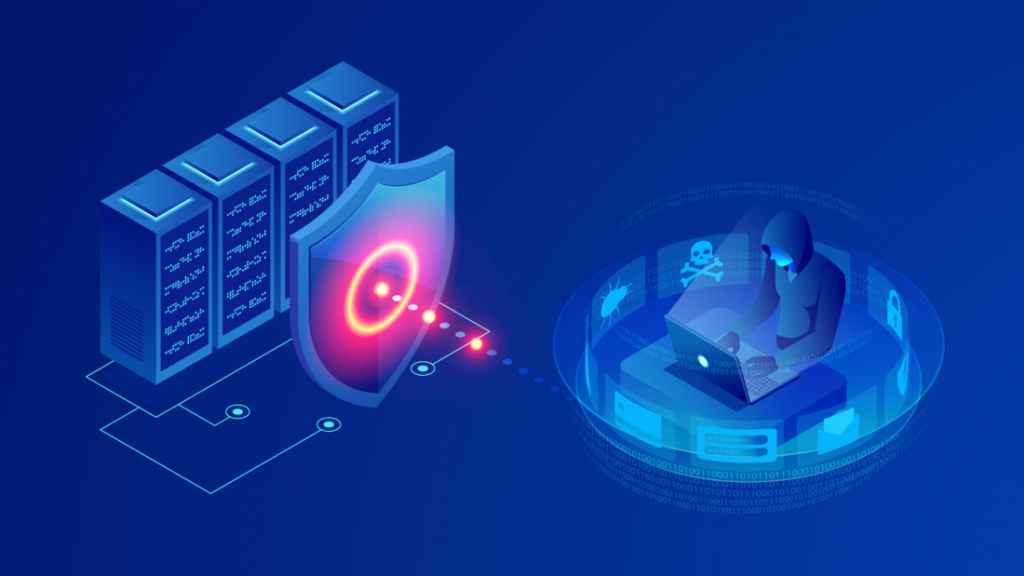
Hosting with full protection against DDoS attacks – myth or reality?
Statistics for 2020 show that the number of DDOS attacks is constantly growing. And most often, the ill-wisher uses load testing, which allows you to easily disable the defenseless site of a small online store, forum, and so on.
It is in connection with this that you need to choose a high-quality and secure hosting. A reliable provider must not only guarantee stable operation but also offer multi-level protection — from traffic filtering and automatic attack detection to continuous monitoring by security experts. When choosing hosting, pay attention to how quickly the support team reacts to suspicious activity, whether protection against different types of DDoS attacks is provided, and if additional measures such as CDN integration or advanced firewall settings are available. It is also worth considering the provider’s reputation, customer feedback, and the presence of security certificates confirming compliance with international standards. By being prepared in advance, you can reduce downtime risks and protect your project from unnecessary losses.
Problem warning
Today, there are really a lot of different tools for conducting DDOS attacks, which forces numerous site owners to take protective measures in order not to deal with unpleasant consequences. And it is best to think about it immediately, and not after the first failure.
At the moment, attacks of this type are classified into 4 groups, but they can be generalized and divided into categories, where L2-L4 are included in the infrastructure category, and L7 are applications. This is due to the sequence of traffic analysis algorithms, the difficulties that accompany the work, because sometimes you need to delve into the system.
How to determine the degree of hosting protection from attacks?
Here you need to immediately answer 3 important questions:
- What are the technical limitations of the supplier.
- What will happen if you go beyond the permissible limits.
- How does the provider form protection against attacks, what technologies are used and what solutions are available.

And if this information is not on the page of the selected provider, then it is worth continuing the search. But you can also just create basic protection yourself. For example, you can place an order for a physical connection to the network of a certain provider specializing in these services.
Need to know! There is no point in working to protect against application layer attacks using Reverse Proxy, especially if the hosting provider cannot guarantee even basic infrastructure protection. In this case, the network equipment will simply be overloaded.
And do not believe the statements that the real IP address is hidden behind the protection provider’s cloud and there is no possibility for a direct attack. In fact, everything is not so. Most often, a hacker will be able to calculate the real address without any problems, and thus be able to put down an entire data center.
In fact, any hacker has several options for finding the real IP address:
- Use of open sources.
- DNS.
- Email.
- Tools for automatic search.
How provider protection is formed
- Filtering equipment, a full-fledged staff of specialists, access channels to the World Wide Web, channels for garbage traffic.
- Reverse Proxy, which is used for individual applications and sites on the network. And even taking into account the numerous advantages, the developer cannot guarantee full protection against direct threats.
- A specialized cloud provider where its filtering network is used. And it can provide protection at any level.
